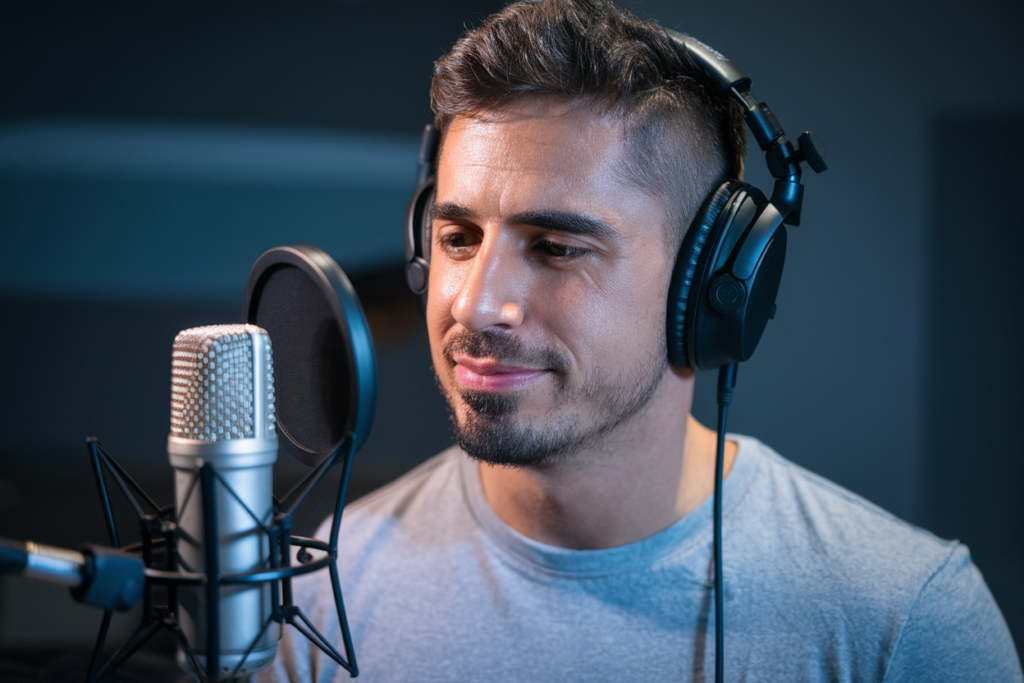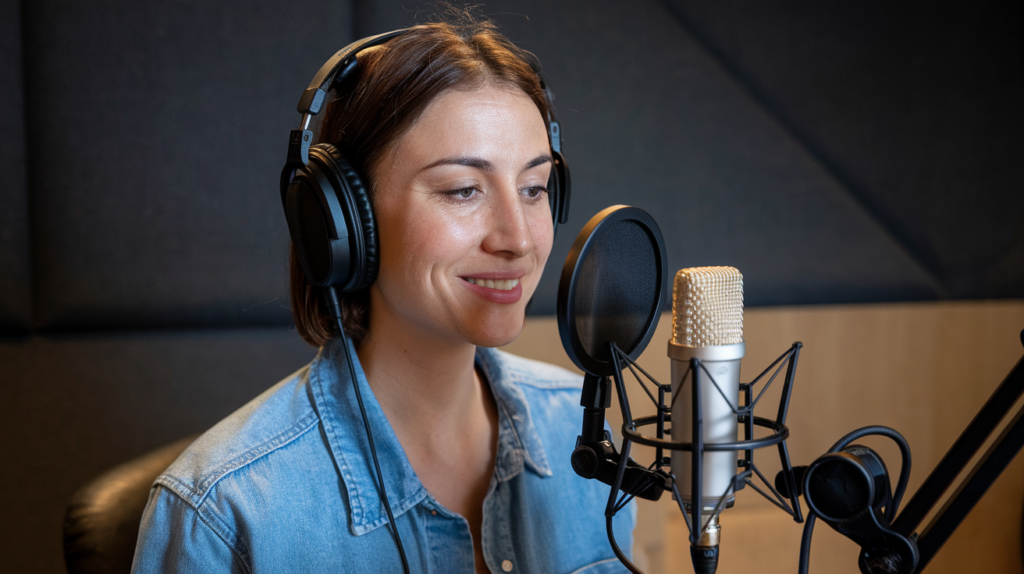In the heart of Galicia, the Galician language isn’t just a means of communication; it’s a vibrant thread woven into the fabric of local culture. As I delve into its significance, I’m struck by how lengua gallega serves as a powerful tool for preserving traditions and fostering community identity.
Speaking Galician goes beyond words; it embodies history, art, and shared experiences that connect generations. By embracing this beautiful language, we reinforce our unique cultural heritage while promoting pride among locals. Join me in exploring how lengua gallega enriches not only daily life but also strengthens the bonds that tie us to our roots.
Overview of Lengua Gallega
Lengua Gallega, or Galician, is a Romance language spoken primarily in the autonomous community of Galicia in northwest Spain. This language shares historical ties with Portuguese and reflects the region’s unique cultural heritage. Over 2.4 million people speak Galician today, making it one of Spain’s co-official languages alongside Spanish.
Galician serves as a crucial vehicle for expressing local identity and traditions. It thrives in various domains including education, literature, media, and everyday communication. The linguistic revival since the late 20th century has strengthened its presence in public life and fostered pride among speakers.
In addition to being an essential means of communication, lengua gallega plays a significant role in artistic expression. Numerous poets, writers, and musicians utilize the language to convey their experiences and perspectives. The rich literary tradition includes notable figures like Rosalía de Castro and Manuel Rivas.
The educational system prominently features Galician from early childhood through higher education levels. Schools teach students not only the language but also its cultural context—folklore, history, and customs—reinforcing regional belonging.
I recognize that promoting lengua gallega ensures that future generations will inherit this linguistic treasure while preserving distinctive aspects of Galician culture. By embracing this language daily, locals contribute to maintaining its vitality within a globalized world.
Historical Context
The historical context of lengua gallega reveals its deep roots and evolution, reflecting the cultural richness of Galicia. Understanding this background highlights the language’s enduring significance in local identity.
Origins of Lengua Gallega
Lengua gallega originated from Vulgar Latin around the 9th century. This Romance language developed alongside other Iberian languages, such as Portuguese and Spanish. The earliest written records date back to the 12th century, with notable examples like “Cantar de los Cantares,” showcasing its medieval literary tradition. Galician evolved in a region that valued oral traditions, allowing folklore and songs to flourish in this vernacular.
Development Through the Ages
The development of lengua gallega spans several centuries marked by sociopolitical changes. In the late Middle Ages, Galician enjoyed prominence in literature and culture during a period known as “the Galician Renaissance.” However, political shifts led to a decline under Castilian rule from the 16th century onward.
The 20th century witnessed significant revitalization efforts after Spain’s transition to democracy. Educational reforms introduced bilingual programs, promoting lengua gallega in schools and public life. Today, it thrives through contemporary literature, music, and media outlets dedicated to preserving its rich heritage while adapting to modern contexts.
Cultural Significance
Galician language plays a crucial role in shaping local identity and preserving cultural traditions. Its influence extends beyond mere communication, embedding itself in the very fabric of Galician society.
Role in Local Identity
Galician serves as a cornerstone of local identity, fostering a sense of belonging among speakers. It connects individuals to their roots and history, promoting community cohesion through shared language. Speaking Galician reflects pride in regional heritage and reinforces ties within families and neighborhoods. Events such as festivals or traditional gatherings often feature Galician predominantly, emphasizing its importance in daily life.
Preservation of Traditions
Galician contributes significantly to the preservation of local traditions. The language carries folklore, songs, and stories passed down through generations, ensuring that customs remain alive. Traditional crafts and gastronomy are often expressed in Galician terminology, enhancing the appreciation for local practices. Educational initiatives incorporate these elements into curricula, allowing younger generations to engage with their cultural heritage actively while reinforcing the significance of lengua gallega in maintaining Galicia’s unique customs.
Modern Usage
Modern usage of the Galician language is evident across various sectors, particularly in education and media. This linguistic presence reflects a commitment to cultural preservation and identity reinforcement within Galicia.
Educational Institutions
Educational institutions play a pivotal role in promoting lengua gallega. From early childhood education to university programs, schools incorporate Galician into their curricula. In primary and secondary schools, students learn subjects like history and science in Galician alongside Spanish. Universities offer degrees taught entirely in Galician, fostering academic discourse and research in the language. Bilingual programs encourage fluency while instilling pride for local culture among young learners.
Media and Literature
Media and literature serve as vital platforms for modern expression of lengua gallega. Local newspapers, radio stations, and television channels broadcast content primarily in Galician, ensuring accessibility for speakers. Social media platforms feature influencers who communicate their messages in the language, reaching younger audiences effectively.
Literature flourishes through contemporary authors who publish novels, poetry collections, and essays in Galician. Literary festivals celebrate this work by showcasing both established writers and emerging voices. The promotion of literary awards encourages creativity while recognizing contributions that enrich the cultural landscape of Galicia.
Challenges and Opportunities
The Galician language faces both challenges and opportunities that impact its preservation and growth. Understanding these factors is essential for promoting lengua gallega effectively.
Linguistic Threats
Linguistic threats to Galician stem from various sources. Dominance of Spanish in media, education, and public life can marginalize Galician usage. Urbanization often results in younger generations favoring Spanish or English, leading to a decline in daily interactions conducted in Galician. Furthermore, globalization poses risks as cultural homogenization diminishes local languages. This situation necessitates concerted efforts to counteract these threats by strengthening the visibility and relevance of lengua gallega.
Community Initiatives
Community initiatives play a vital role in revitalizing lengua gallega. Local organizations promote language classes, workshops, and cultural events that encourage participation among all age groups. For example, festivals celebrating Galician culture often feature traditional music, dance, and storytelling performed exclusively in Galician. Schools actively engage students through bilingual programs that integrate local history and customs into the curriculum while fostering pride in their linguistic heritage. These grassroots movements not only enhance community cohesion but also assert the importance of preserving the language for future generations.
Conclusion
The Galician language is a treasure that goes beyond mere words. It’s a living link to our culture and identity, nurturing pride and connection among speakers. By championing lengua gallega, we’re not just preserving a language; we’re safeguarding the essence of our heritage for future generations.
I believe it’s crucial to continue promoting Galician in all aspects of life. From education to the arts, every effort counts in keeping this beautiful language vibrant. Embracing our linguistic roots fosters a stronger community and reinforces our unique identity in an increasingly globalized world.
Let’s celebrate lengua gallega together as it enriches our lives and connects us to the past while guiding us toward a culturally enriched future.








